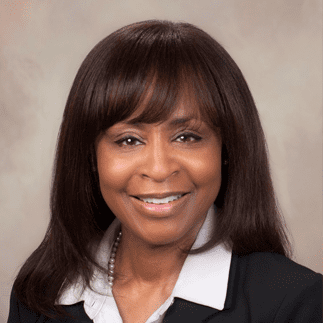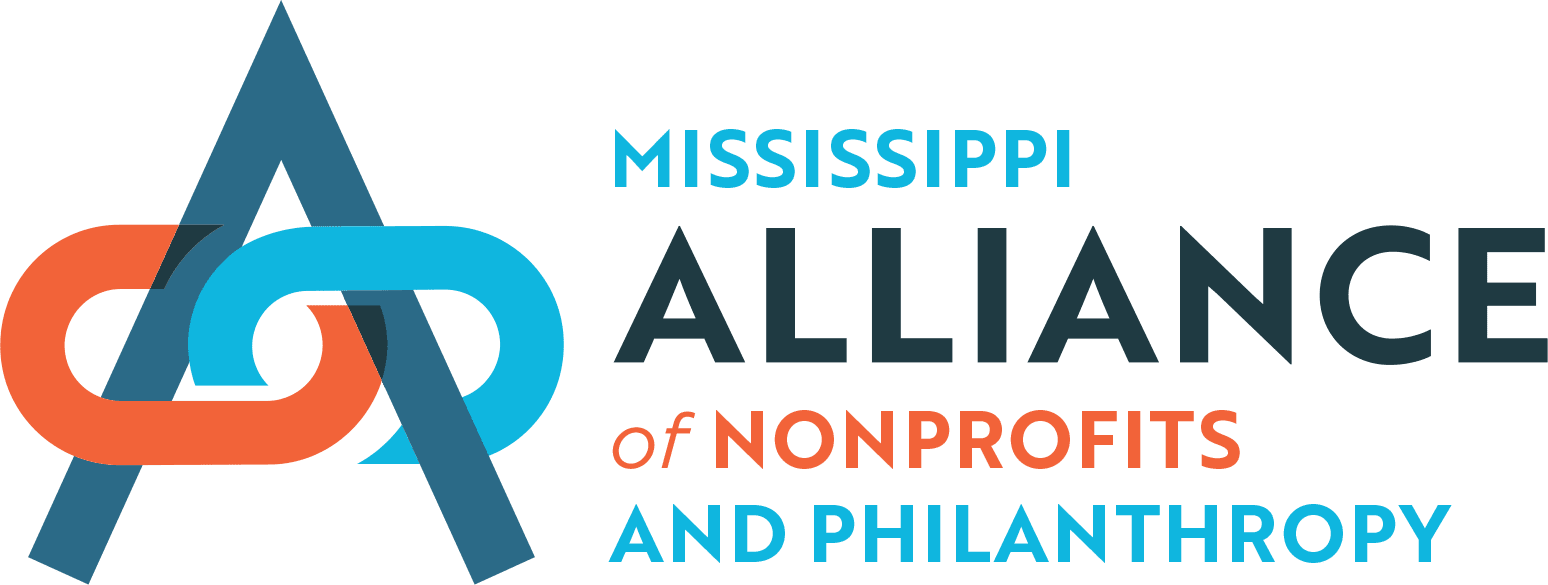Mississippi Urban League


President & CEO
MS Urban League
The year was 1966, and Mississippi was in the midst of great struggles and change. It was the year that civil rights activist and entrepreneur Vernon Dahmer was murdered by klansmen who firebombed his store and residence in Hattiesburg. The Candlestick Park tornado hit Hinds, Rankin, Scott, Leake, Neshoba, Kemper, and Noxubee counties, killing 50 Mississippians. The year the Supreme Court outlawed the assessment of poll taxes by states. And in that same year, James Meredith, civil rights activist and the first African American to be admitted to the University of Mississippi, was shot while walking from Memphis to Jackson during his “Walk Against Fear,” created to encourage African Americans to register to vote. It was also in 1966 that the Urban League of Greater Jackson was launched under the leadership of Melvin R. Jennings with its mission to secure equal opportunities across all sectors for minorities and the underserved. The organization served metropolitan area residents as an affiliate of the National Urban League for 50 years before going silent in 2016.
The National Urban League was well-established before launching the Jackson, MS affiliate. The organization was founded in 1910 in New York City by Ruth Standish Baldwin (a white New York City philanthropist) and George Edmond Haynes (the first African American to obtain a Ph.D. from Columbia University) to enable African-Americans and other underserved urban residents to secure economic self-reliance, parity, power, and civil rights.
Fast forward to 2018, and an organization called Mississippi Roadmap to Health Equity was founded by a former Urban League of Greater Jackson President/CEO, Beneta Burt, to address the state’s obesity epidemic. Roadmap’s work caught the attention of the current National Urban League President and former New Orleans Mayor, Marc Morial, during a visit to the state. As a result, Morial extended an invitation to Mississippi Roadmap to become the National Urban League’s MS state affiliate. As a result, in 2018, Mississippi Roadmap to Health Equity changed its name and officially became Mississippi Urban League, Inc. (MUL)
Today, the MUL’s mission mirrors that of the National Urban League, focusing on Mississippi. It accomplishes its mission via programs that focus on five key areas: Health, Housing, Education, Jobs/Workforce Development, and Justice. The organization is new to embracing its statewide approach and is currently launching a series of virtual listening events focused on the state’s top ten most populous cities. Feedback from participants will be vital in creating a targeted strategic plan for the organization. The MUL currently hosts a monthly Mothers’ Forum and Baby Clothing Closet, a food pantry, monthly Seniors Gathering, an internship program with two institutes of higher learning, a healthy cooking series, and a fitness center. We also recently hosted our first workforce development workshop in partnership with the American Association of University Women, focused on salary negotiations. Like that of the National Urban League, our vision is to imagine a world where no equity gaps exist, and we invite citizens from across the state to be a part.
Related Articles
Equity in Response, Recovery and Resilence: An Action Report in Five Parts
The Mississippi Alliance of Nonprofits and Philanthropy (the Alliance) was created to enhance coordination, collaboration, and communication among nonprofits, maximizing existing funding and expanding resources. The Alliance also focuses on embedding equity into nonprofit work, aiming to ensure equitable outcomes. During the 2022 Jackson water crisis, nonprofits worked to meet urgent needs. Recently, with funding from the US Water Alliance, the Alliance and its partners have been studying equity in disaster response, recovery, and resilience efforts.
Revisiting Big Questions for Philanthropy: When to Bridge and When to Fight
Two big, related questions have hung over many in philanthropy these past several years: first, how best to protect democracy, and second, how to work to bridge differences in a polarized time.
Sabbaticals and the Case for More Rest for Leaders of Color
Social change isn’t possible when nonprofit leaders are exhausted. Extended paid leave helped me — and can help others.

